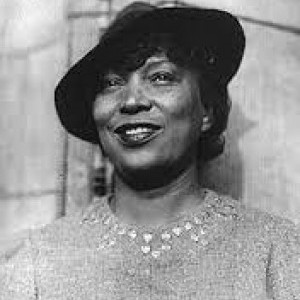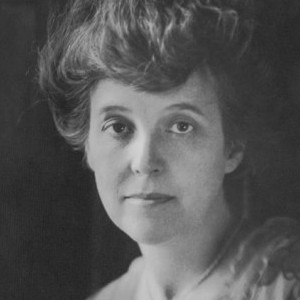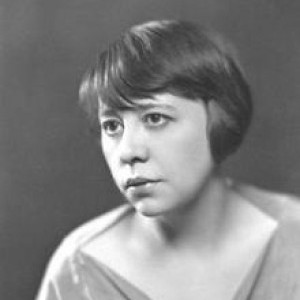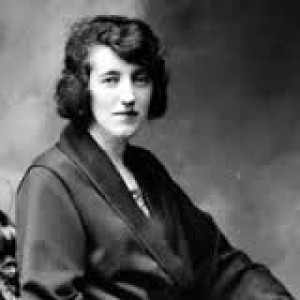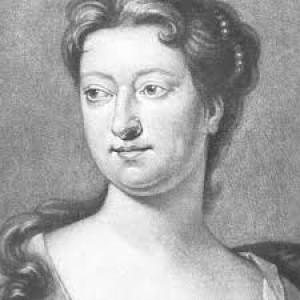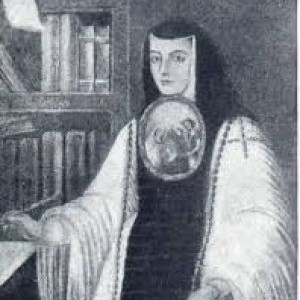The Little Foxes
About the Play
1939
1939, National Theatre, Broadway, New York
6F, 4M
Drama, Melodrama,
Three acts
Acting edition available through Dramatists’ Play Service. Anthologized in Plays by American Women 1930-1960. Ed. Judith Barlow. New York: Applause Books, 2001 and elsewhere
Summary
Set in Alabama in 1900, the play tells the saga of the Hubbard family, who have lied, cheated, beaten, and killed their way to the top for generations. With the rise of industrialization, they want to keep that way—they’ve drawn up plans for a new cotton mill. Regina Hubbard, married to the sickly Horace Giddens, wants her piece of the profits, but as a woman, she is left out—until she improvises her own stunningly manipulative plan—one that might cost her more than she could ever imagine.
Background
Hellman based the play in part on stories she had heard about her ancestors and on extensive research into the time period. “Foxes was the most difficult play I ever wrote,” she said, and she spent months re-writing the script.
The play opened to strong, if reserved reviews. Critic Richard Watts, Jr. considered it “fine and American important drama,” and while Brooks Atkinson of the New York Times called it a “vibrant drama” he considered it “second rank” behind The Children’s Hour. Nevertheless, The Little Foxes has become Hellman’s most popular and revived play.
Scenes from the Play
The Little Foxes, Act 2, Regina and Horace
(1 W, 1 M)
Regina and Horace quarrel upon his return from the hospital and discuss their estranged marriage.
View Scene
The Little Foxes, Act 3, Birdie gets drunk
(3 W, 1 M)
Birdie has too much to drink and reveals the truth about her feelings towards her son and husband. View Scene
The Little Foxes, Act 3, Regina and Alexandra
(2 W)
Alexandra finally cuts ties with her overbearing mother, Regina. View Scene
The Little Foxes, Act 3, Regina and Horace
(1 W, 1 M)
Horace tries to take revenge on his wife Regina for her cruel behavior, but she regains the upper hand. View Scene
About the Playwright

Lillian Hellman (1905-1984) ranks among the most famous and controversial of American playwrights. She never shied away from provocative, social justice-based themes. Her first play, The Children’s Hour (1934), about two owners of a girls’ school accused of having a lesbian affair, was considered so shocking that some members of the Pulitzer Prize committee refused to see it, costing it a nomination. Toys in the Attic (1960) featured two eccentric Southern sisters whose potential was never value…
View Profile
One Play at a Time Participating Universities
University of Missouri
Bennington College
Sogang University
Antelope Valley College
Ohio Wesleyan University
Long Island University, Post
North Central College
Chesapeake College



